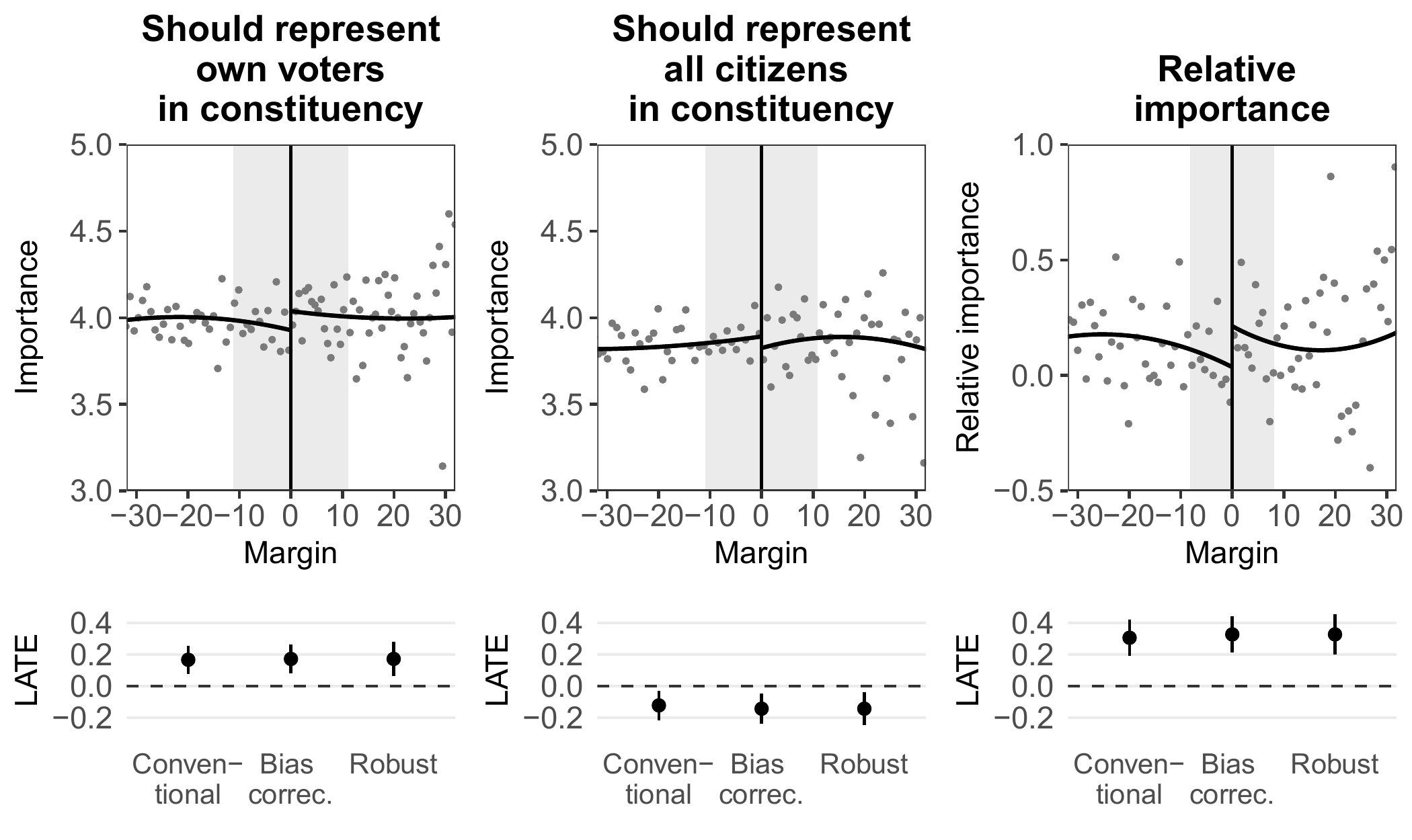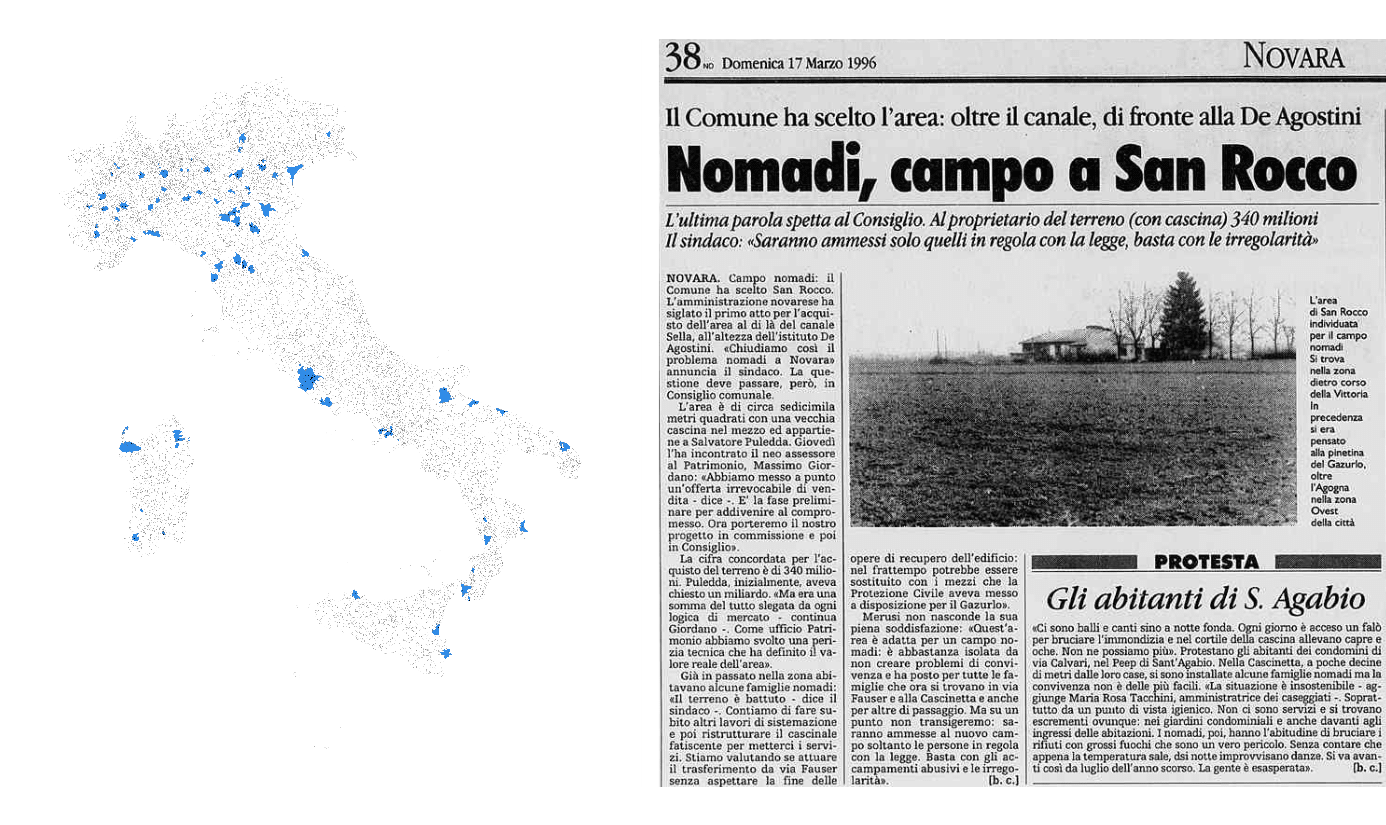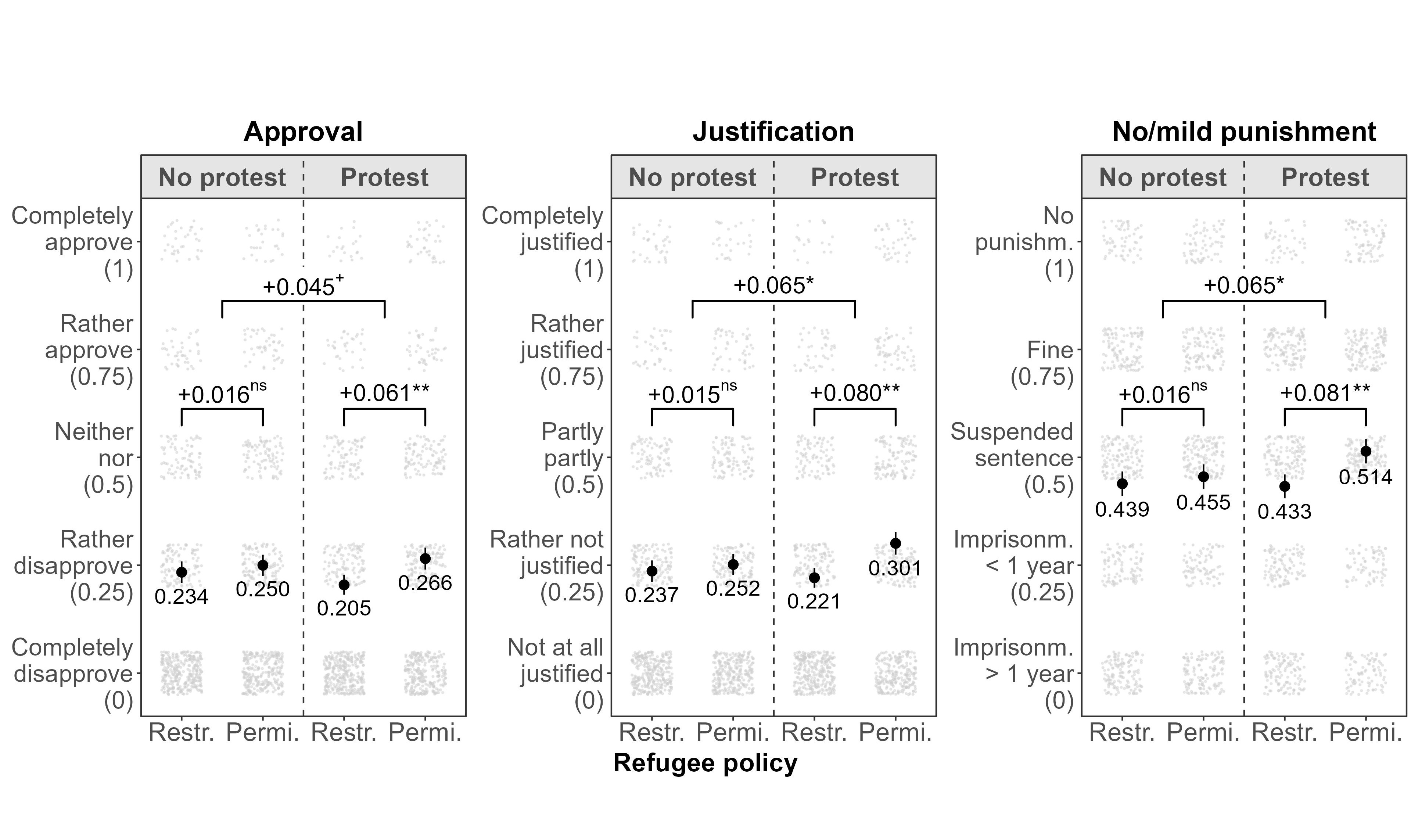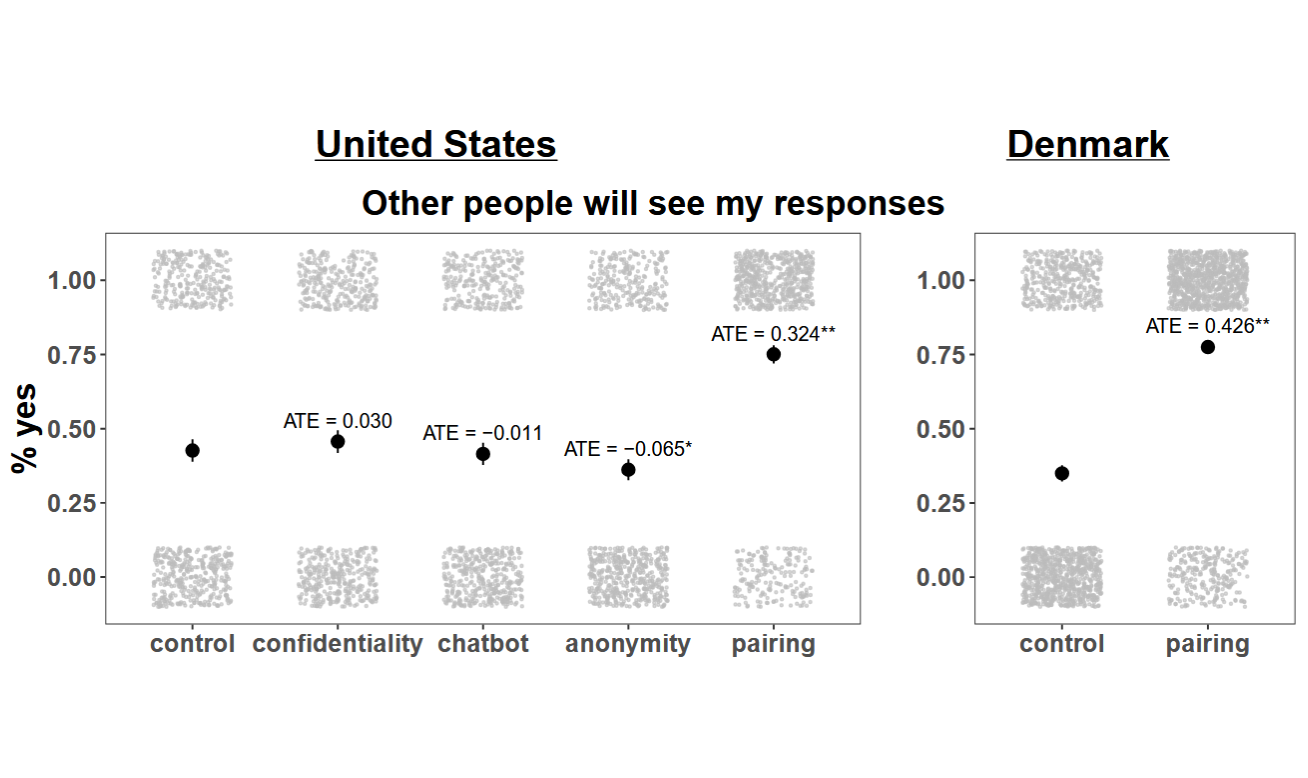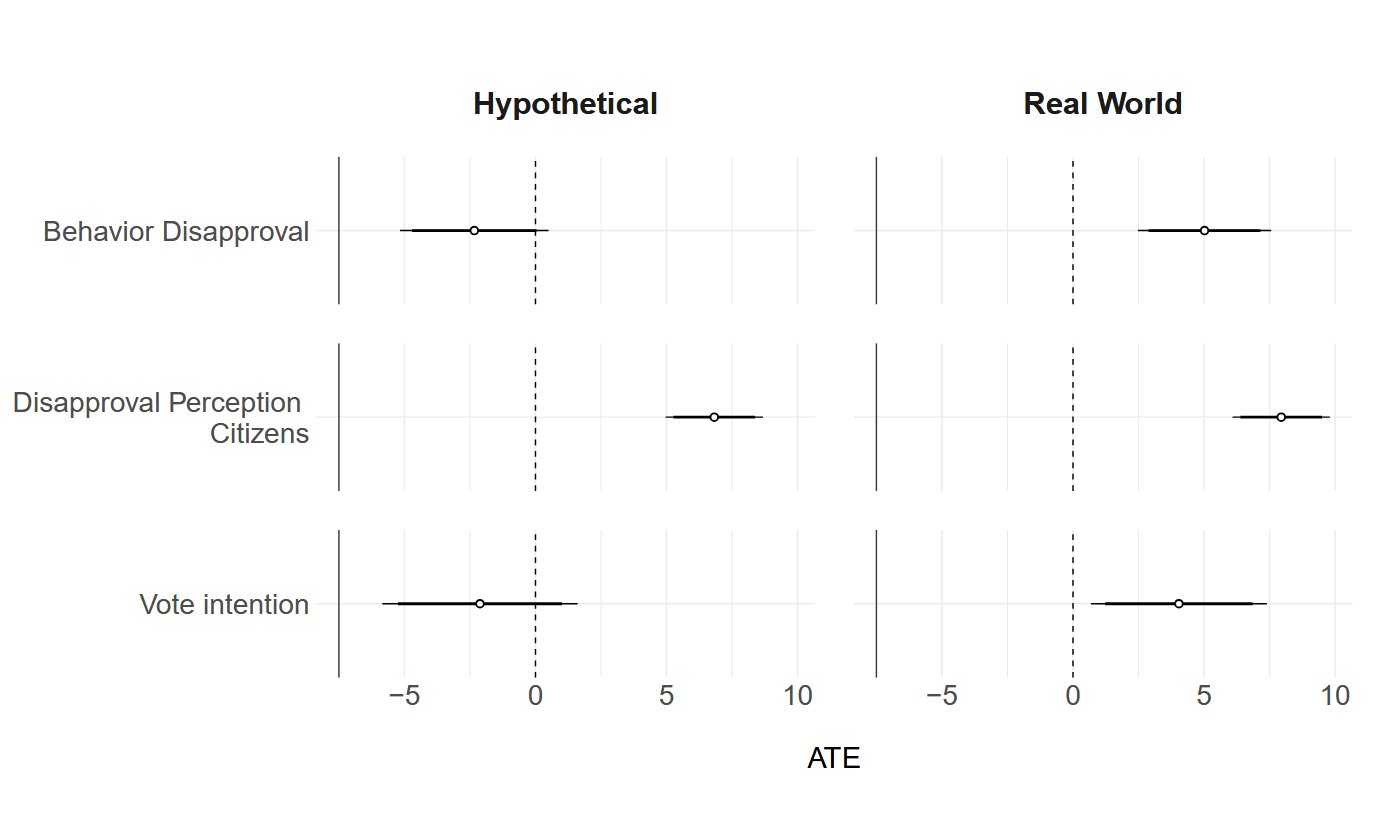Do Exclusionary Policies Increase Hate Crimes? Evidence from the Nomad Camps in Italy
Hostility and hate crimes against immigrants and ethnic minorities are a persistent problem, which have surged again across Europe in recent years. Yet, the role of state policies in shaping such violence remains understudied. I argue that exclusionary policies targeting minority groups can legitimize hostility, increasing hate crimes not only against the targeted group but also against other minorities. To test this, I examine Italy’s nomad camps – institutionalized, mono-ethnic settlements for Sinti and Roma – using municipality-level hate crime data. Leveraging spatial spillover effects combined with an instrumental variable approach, I show that proximity to these camps increases hate crimes against individuals with a migration background. Notably, this effect extends beyond camp residents, suggesting a broader shift in intolerant actions rather than mere opportunity-driven violence. These findings highlight the consequences of exclusionary policies and underscore the state’s role in shaping intergroup relations, with implications for policymaking in societies grappling with rising anti-minority violence.
